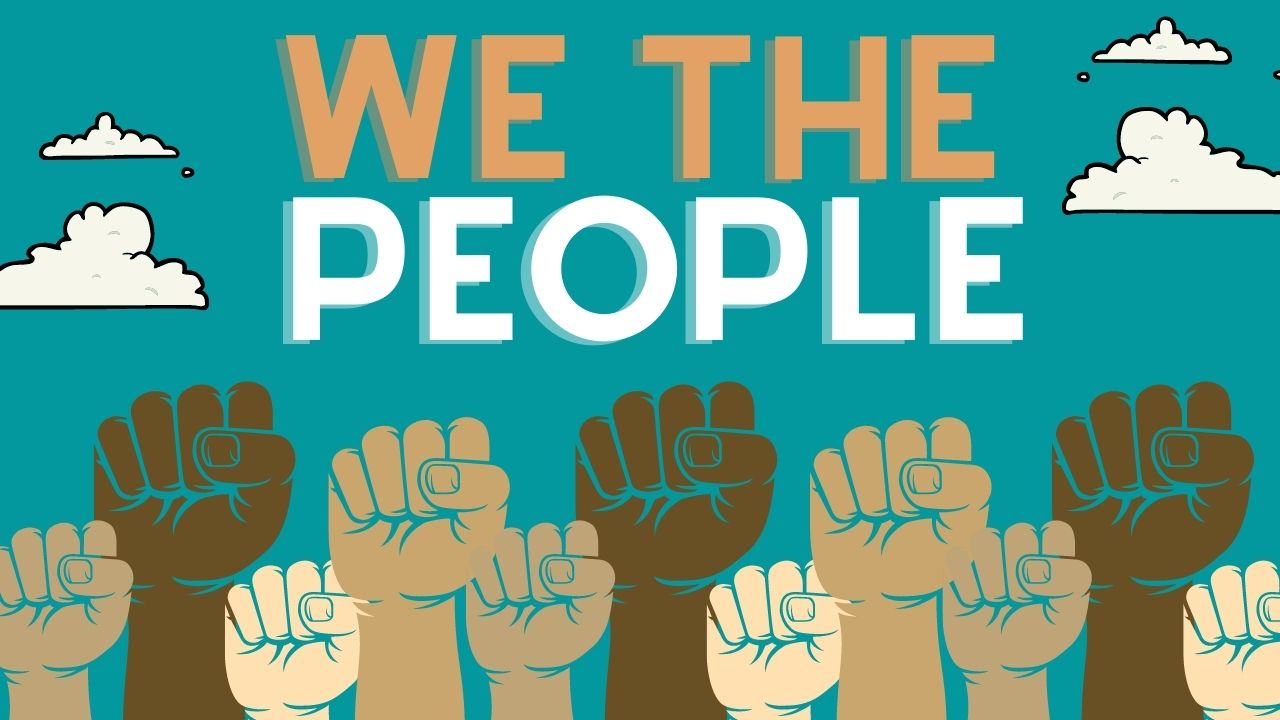
Activism for marginalized people: calming the noise to hear their voices
By: Samuel Smith, Columnist
Views expressed in opinion columns are the author’s own.
With the rise of the Internet and activism, spaces for marginalized people have become more accessible. Now, people are able to connect with others to share similar stories, share information, organize and create change. In my opinion, the Internet is a large part of the shift in social change. At the same time, it seems in some circles that marginalized voices are not the ones being uplifted or listened to and therefore being left out of important conversations. This needs to change.
April is Autism Acceptance Month. This should be a time for autistic people to speak up, for non-autistic people to listen and for social movement towards acceptance. However, autistic people often do not get a voice in the dialogue or activism. One of the largest groups focused on autism, Autism Speaks, only has one autistic member on a board of 28 people. Autism Speaks is well-known in neurodivergent circles for advertisements that focus more on fear-mongering, treating autistic family members as burdens, and even characterizing autistic children as monsters. Many of Autism Speak’s resources focus on family members of autistic individuals. However, the Autistic Self Advocacy Network (ASAN) states that activism should be focused on and run by disabled people. ASAN states that disabled individuals are the experts on their disability, and therefore, should be at the forefront of disability activism.
I also see this issue often in queer activism, especially activism for transgender people. Too often, I hear about how transgender people should try their hardest to pass. While it is becoming more and more acceptable for cisgender men to wear skirts, jewelry or makeup, it’s still not acceptable for transgender men, and it’s not seen as acceptable for transgender women to present more masculine. People will say that a trans person’s existence makes them uncomfortable. Some people believe you have to “pass” in rigid gender norms in order to “really” be transgender. Too often, discourse around gender identity and expression places more emphasis on the comfort of cisgender people than on transgender liberation.
Marginalized people and their voice in conversations are affected by psychological testing and diagnosing. Many marginalized groups are not represented in research. This has systemic consequences. First, psychological research skews heavily towards white and Western samples. Second, even though there are more women than men in psychology, women are being paid and recognized less. This is a problem. If our research and top psychologists consists of a majority of white men, are we really getting an accurate view of psychology? Studies have shown that African Americans are diagnosed with schizophrenia more than their white counterparts. At the same time, African American and Latino children are less likely to be diagnosed with ADHD and take medicine for it than their white counterparts. Being misdiagnosed can have dire consequences.
Furthermore, because of these disparities in diagnosis, people are missing out on treatment. I have ADHD. I have had psychiatrists who know nothing about ADHD and refuse to properly treat it. I have found from my experience that the stereotype of neurodivergencies, such as ADHD and autism, is white, cis boys in elementary school. Because of this stereotype, people who do not fit that mold are underdiagnosed. I have also found through talking with others that there will be symptoms people experience that are not “official” traits of certain disabilities. For example, many people with ADHD suffer from sleep disorders, but sleep issues are not in the diagnostic criteria for ADHD. Because people with ADHD are not consulted when developing diagnostic materials, many things get left out. Scientists are making connections to symptoms that we have known existed for years.
Somebody who is outside of a group can only know so much about the needs of that group. This is especially true with marginalized groups, as there is a power imbalance. It is important that minorities have a voice in activism and research. Otherwise, important issues will be missed, and groups claiming to fight for us can actually be harming more than helping.


Can you be more specific about the content of your article? After reading it, I still have some doubts. Hope you can help me. https://accounts.binance.com/uk-UA/register-person?ref=GJY4VW8W